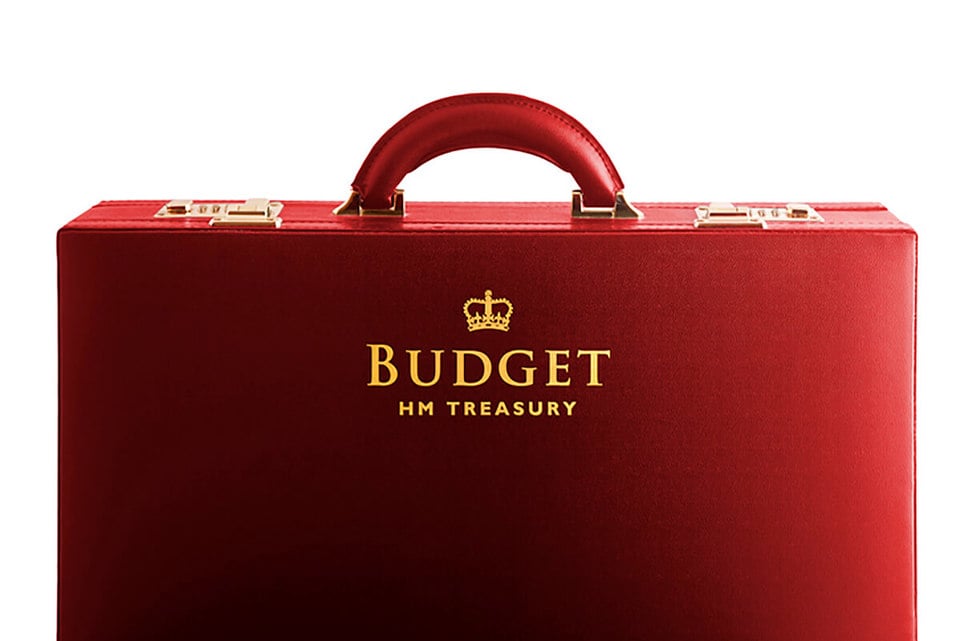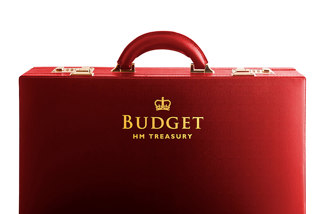The fleet industry will discover what tax measures George Osborne has in store for it when he delivers his fifth Budget at 12.30pm today (Wednesday, March 19).
What is already known is the personal income tax allowance is going up in April from £9,440 to £10,000 and is also scheduled to rise by the increase in the Consumer Prices Index (CPI) from 2015-16 onwards.
In addition, the ceiling for paying the 20% basic rate of income tax will fall again (as it has done for the past few years) - from £32,010 of taxable income to £31,865.
But taken together, the overall threshold for paying the 40% higher tax rate - the combined effect of the annual allowance and the basic rate band - actually increases by 1% this April, from £41,450 of income (£9,440 plus £32,010) to £41,865 (£10,000 plus £31,865).
Back in the 2012 Autumn Statement, the chancellor said this higher-rate threshold would also rise by 1% in 2015-16.
There are now 4.4 million higher-rate taxpayers and a further 313,000 who pay the 45% additional tax rate on top.
The rates and thresholds for National Insurance Contributions (NICs) have also already been announced for the coming financial year.
The primary threshold for employees will rise from £7,755 to £7,956 while the upper earnings limit goes up from £41,450 to £41,865.
In addition, the corporation tax rate is also being cut from 23% to 21% and will go down again to 20% in April next year. This applies to companies whose profits are more than £1.5m.
Business rates will be cut next month, and a relief for small companies has been extended to April 2015.
Meanwhile, the fleet industry has been lobbying the Government on a range of measures.
ACFO and the BVRLA have urged the chancellor to use the Budget to encourage the take-up of ultra-low emission vehicles (ULEVs).
Both organisations want the Government to ditch its plan to increase the benefit-in-kind (BIK) tax rate on electric vehicles from zero to 5% in 2015/16.
BVRLA chief executive Gerry Keaney said: “The Budget is the perfect opportunity for the Government to prove it is committed to driving the take-up of ULEVs.”
Currently, drivers who choose a plug-in vehicle with zero emissions do not pay any BIK tax, but they will face a tax bill for the first time next year.
Company car tax rates will also increase from April 6 and have been announced for the following two tax years, 2015/16 and 2016/17, but are unknown from 2017/18 onwards.
ACFO is calling on the Chancellor to clarify the rates for 2017/18, so that fleets will again have a four-year cycle of advance notification of thresholds.
Both it and the BVRLA also want the Chancellor to announce that BIK should be calculated according to the price of the model minus the £5,000 plug-in car grant.
The chancellor has also already announced that fuel duties are going to remain frozen until September 2015, but fleets will be keeping a keen eye on whether he may extend this further.
Fleet News will be following the Budget live and you can join in the debate on Twitter by following @_FleetNews and @GarethFleetNews.
A dedicated news section will also carry industry reaction to the Budget and a Budget Newsletter, detailing any announcements affecting the industry, will be issued within hours of the chancellor delivering his speech.
Find out what the Budget announcements on BIK mean for salary sacrifice at our Fleet News salary sacrifice seminar – April 10 at Hanbury Manor, Ware, and May 13 at Cranage Hall, Cheshire. Click here for details.





















Login to comment
Comments
No comments have been made yet.